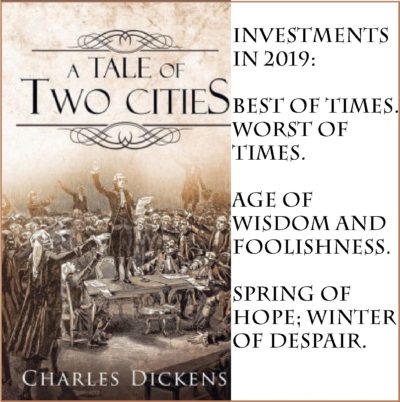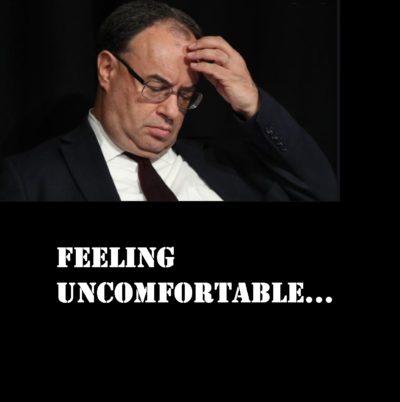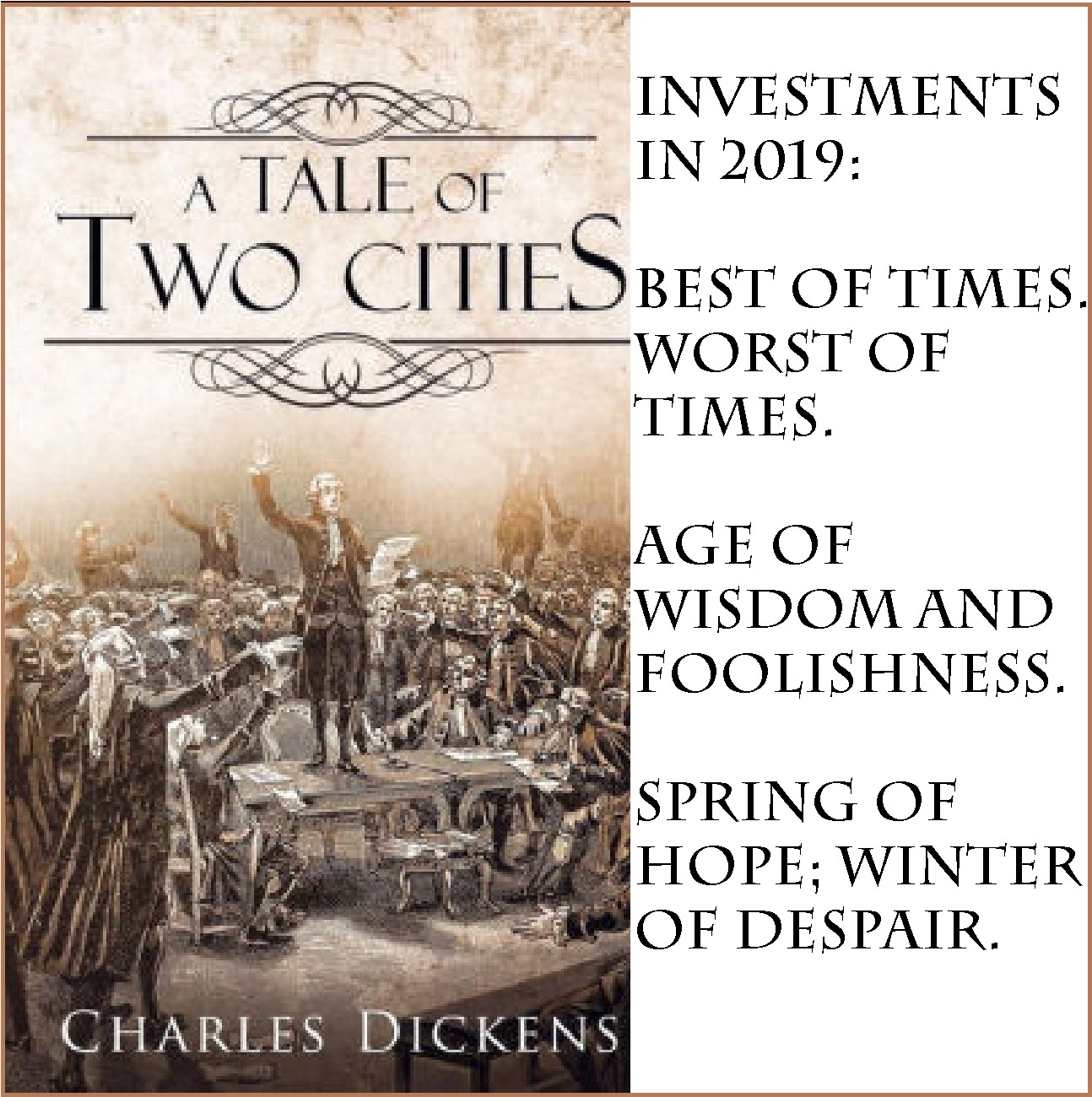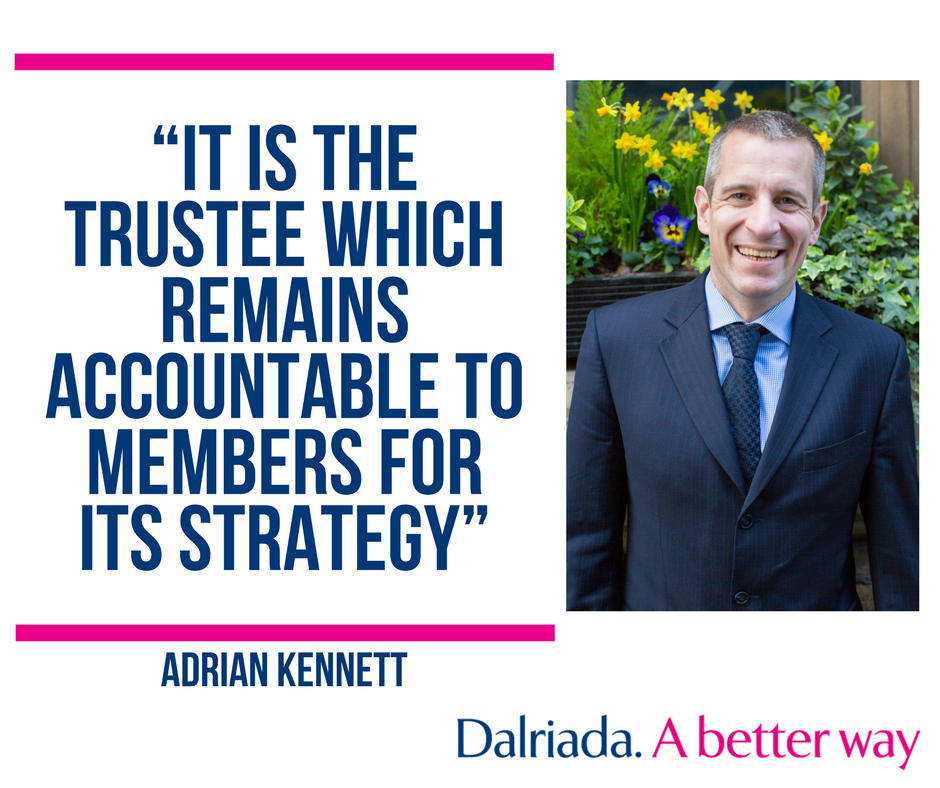“Best of times. Worst of times. Age of wisdom and foolishness. Epoch of belief and incredulity. Season of light and darkness. Spring of hope; winter of despair.”

You would be forgiven for thinking the above was written about the world of pensions and investments (by someone far more eloquent than me). However, it was written by the mighty Charles Dickens on the subject of the French Revolution in the late 1700s.
There are strong parallels between both events: in the French Revolution, many thousands of lives were destroyed and society broken down in an era when turmoil and terror reigned. Since 2010 in the UK and offshore, a similar breakdown in the stability of society has taken place – with even more lives being destroyed.
Investment abuse.
Investment abuse is one of the biggest causes of darkness and despair in modern times. Thousands of victims are seeing their life savings put at risk every year – the causes range from outright fraud and mis-selling to negligence and greed (on the part of advisers, introducers and promoters). But what makes this abuse even more sinister, is that the FCA does nothing to help. And, even worse, sometimes it does something to hinder.
Regulators in the UK and offshore do nothing to help. But sometimes they do something to hinder. Unnecessarily.
Let’s compare two investments which have been in the spotlight in 2019: MANAGED FUNDS and AIRPORT CAR PARKS.

In the case of the former, the FCA’s track record is appalling – it was slow and did nothing in the case of two funds: Neil Woodford’s Equity Income Fund and Mark Barnett’s Invesco funds. As a result, more than 300,000 investors face suspension of the funds – so they can’t get their money out, and will suffer inevitable heavy losses when they can.
In the case of the latter, the FCA has taken two lots of contradictory actions – it agreed a restructuring of Toby Whittaker’s Park First in 2017, then in 2019 it reneged on the agreement and forced the company into administration. Investors – somewhat understandably – believe that Whittaker has failed to make payments he agreed to make back in 2017. However, in reality it is the FCA which has prevented him from doing so as a result of disruptive and contradictory regulatory action.
Both sets of investments had their own strengths and weaknesses. There’s no such thing as the perfect investment and all investments carry a degree of risk. The problem lay with the promotion of the investments.
In the case of the Woodford Equity Income fund, there was Hargreaves Lansdown promoting it heavily – right up until immediately before the fund was suspended. One Trust Pilot reviewer said: “H and L are always pushing funds (presumably because you get commissions etc) but you were made to look devious over WOODFORD, so I think impartiality has to be addressed with regards to FUNDS”. Another reports liquidity issues: “Fabulous while you are investing with them. But try to get your money out – that’s a different matter. Still waiting for them to transfer my funds after 3 months. The delay is totally unacceptable.” A third reviewer is even more disgusted: “Another Woodford/Lansdown victim left nursing losses due to taking on board their advice. This wasnt just a case of poor performance, this was a former reputable company using its name to push an income fund heavily invested in illiquid stocks up to the point of it folding, a move that has cost investors millions. An untrustworthy company with lots of questions to answer.”

In the case of Park First, there were large numbers of advisers all over the World who advised their clients to put too much of their money into the investment. A more prudent approach would have been to spread the money over a variety of different assets (and avoid the “eggs in one basket” syndrome). It is also clear that these same advisers have often encouraged their clients to blame Park First’s Toby Whittaker for the current uncertainty in the run up to the creditors’ vote for the administration scheduled for 25th November 2019. The reality is that the advisers and the FCA have a lot of blame to shoulder. There’s nothing wrong with the car parks themselves: the planes are still flying (with the exception of Thomas Cook); the passengers are still driving their cars to the airport; the car parks are still doing a roaring trade. And this is set to continue unabated for years to come.
Investors in both the managed investment funds (Woodford and Invesco) are rightly peeved – their investments have not performed well; and they didn’t understand the degrees of liquidity, diversity and risk. It is now a matter of public record that both Woodford and Barnett suffered from the same syndrome: they were legends in their own lunchboxes. They took unacceptable risks – gambling with investors’ life savings; throwing caution and prudence to the winds.
Having successfully strayed into high-risk strategies in the past, they thought they would always be so lucky. But their luck ran out. Now they are having to unload the worst of the illiquid, risky stuff (crap) and are advertising: “Please will somebody (anybody) buy our unlisted shares – we desperately need the cash. We thought they were under valued. Seems we were wrong. Any takers? We’re in a bit of a hurry!”
Not exactly a position of strength from which to bargain. Neither of them will have a future in anything to do with investments other than perhaps serving as a reminder that: “past performance may not be indicative of future results”!
By comparison, Toby Whittaker’s Park First looks a much better bet. The only things that could possibly go wrong are that Glasgow, Gatwick and Luton airports get shut down, or that Elon Musk will invent a Tesla that will drive itself home alone from the airport.
The good thing about Park First is that it is a tangible, known, concrete (tarmac) asset. The car parks exist and are in no way speculative – there’s a proven and growing market for the car parks. There are no bad debts (nobody ever says “sorry I can’t pay – can I have 90 days please?”). Personally, I would never use a Park First airport car park – but only because I don’t have a driving license or a car. And even if I did, I live in Spain.

So, from investment funds and bonds, to airport car parks, the real problem seems to be who promotes them and what the regulator does (or doesn’t do) when it looks like things aren’t going to plan. The FCA first investigated the Woodford fund’s performance three years ago – but took no action (despite clear evidence that Woodford was investing heavily in “hard-to-value, unlisted, illiquid assets”). The most that Andrew Bailey could bring himself to say at the time was that he felt “uncomfortable”.
So no evidence of anything more serious than wearing his Y-fronts back to front.
The Woodford fund is now being liquidated by Link Fund Solutions – and the investors have no say in the future of their investments. It will be a “fire sale” – with the liquidator getting first dibs on the cash. The investors – as is always the case – will be at the back of the queue.
Park First investors are in a better position, as the administrator is Finbarr O’Connell of Smith and Williamson. A licensed insolvency practitioner and chartered accountant, Finbarr has been involved in restructuring and insolvency assignments for the last 33 years and is a past president of the Insolvency Practitioners’ Association. He engaged enthusiastically with investors at the creditors’ meeting in London on 1st October, and will be in the chair again on 25th November. He is offering investors a wide range of options in order to either get their money back or see their investment in safe hands and producing healthy returns.
Finbarr is also joint administrator of London Capital & Finance which has seen 11,600 investors dismayed at the collapsed of this ultra-high-risk “mini bond”. In March 2019, there were four arrests made by the Serious Fraud Office in connection with this case – and the man behind Surge Group (Paul Careless) was also arrested for promoting it. London Capital & Finance shows the extreme end of investing: outright fraud. Neither the Woodford fund nor Park First are – or ever were – frauds. However, they were both undoubtedly widely mis-sold.



In Little Dorrit (1857), Charles Dickens describes a fictional government department, the Circumlocution Office, which sounds familiar.
‘Whatever was required to be done, the Circumlocution Office was beforehand with all the public departments in the art of perceiving – HOW NOT TO DO IT.’
‘Sometimes, angry spirits attacked the Circumlocution Office. Sometimes, parliamentary questions were asked about it, and even parliamentary motions made or threatened about it by demagogues so low and ignorant as to hold that the real recipe of government was, How to do it.
Then would the noble lord, or right honourable gentleman, in whose department it was to defend the Circumlocution Office, put an orange in his pocket, and make a regular field-day of the occasion. Then would he come down to that house with a slap upon the table, and meet the honourable gentleman foot to foot. Then would he be there to tell that honourable gentleman that the Circumlocution Office not only was blameless in this matter, but was commendable in this matter, was extollable to the skies in this matter. Then would he be there to tell that honourable gentleman that, although the Circumlocution Office was invariably right and wholly right, it never was so right as in this matter’.
http://www.panarchy.org/dickens/circumlocution.html